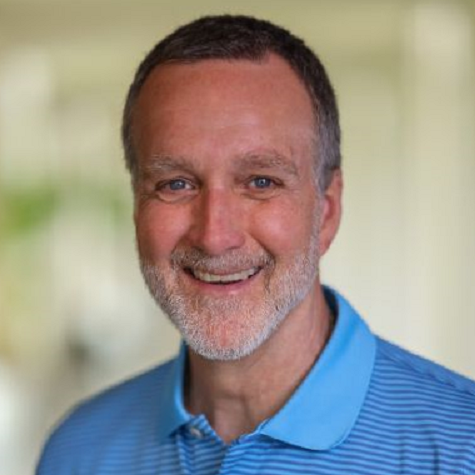According to the DEA (Drug Enforcement Administration), overdose is the number one cause of death for people between the ages of 18 and 45.[1] It is the number one cause of death – over cancer, car wrecks, everything – which seems hard to believe unless you work in the recovery field and see it happen every day.
In Alcoholics Anonymous it is said that alcoholism is cunning, baffling, and powerful. Addiction tricks people into thinking they can have just one drink and then stop. It makes people think they are not worthy of seeking help and seduces them into thinking they can address their addiction on their own.
Still, the good news is – there are ways to help people who struggle with addiction, and a recovery community at your church can become an amazing ministry. If done properly, it will change lives – not only of those who suffer from substance use disorder but also others in the church who help serve them. Here are three critical components:
People Seeking Help
When someone walks into your church seeking help for their addiction, it is extremely important not to shame or preach at them. They are most likely filled with shame and guilt already and don’t need to be told what they have done wrong. Instead, it is important to listen, then acknowledge how difficult, even painful, it is for them to be vulnerable and seek help. Congratulate them on having the courage to take the first step! Do some research to see what resources are available in your area, such as Alcoholics Anonymous or Narcotics Anonymous. Without pushing, ask them if they would like you to connect them with resources that might help. Assure them you are there to talk and, if and when they are ready, you will assist them in getting help.
Family Members
Perhaps equally important is helping family members manage their lives during their loved one’s addiction. If you are meeting with family members, explain the importance of not assigning guilt. Family members can help most by focusing on loving their loved one and not preaching to or pushing them – both of which can backfire. Pushing, preaching and assigning guilt can make their addicted loved one standoffish and may cause them to back away from seeking help. Often the family has very little control over their loved one during their addiction, and they may need help learning to accept this. Let them know how they can find ways to take care of themselves through support groups like Al-anon or Nar-anon where they’ll have the opportunity to learn from people who have walked through similar situations.
Recovery Support Community
You do not need to be an expert in recovery to help a person or family member, but you do need to have knowledge of the resources that are available in your community to provide support.[2] If you’re interested in starting a recovery program at your church, there are several options for you:
In this blog, I have only scratched the surface of this complex topic. The key is to get someone from the recovery community who has credibility and will gain the trust of addicts/alcoholics. Invite them to help you put together your program and to be the public “face.” This critical step lets people know it is a safe, anonymous place to find support and help.
You are always welcome to reach out to me at tom.langhofer@cor.org if you have any questions or would like to visit our recovery program. Our team will be presenting a Pre-Conference Workshop on Recovery Ministry at Leadership Institute 2024. Register now and join us for a deeper dive! Also, check out our Resurrection Recovery website. We are happy to share our information and program resources with anyone who is interested.

Tom Langhofer serves as Pastor of Recovery Ministries at Resurrection and is in long term recovery from alcoholism. He oversees Resurrection Recovery programming at all six church locations, as well as the church’s outreach programs to transitional living centers, jails, and treatment centers. Annually, over 16,000 people attend at least one of these programs.
[1] https://www.getsmartaboutdrugs.gov/media/dea-administrator-record-fentanyl-overdose-deaths.
[2] Here are some of the resources you’ll want to look into:
Sign in to continue to your account
Become a ShareChurch member for access to free resources.
You are free to browse the ShareChurch site without an account. However, you must have an account in order to download content from the site.